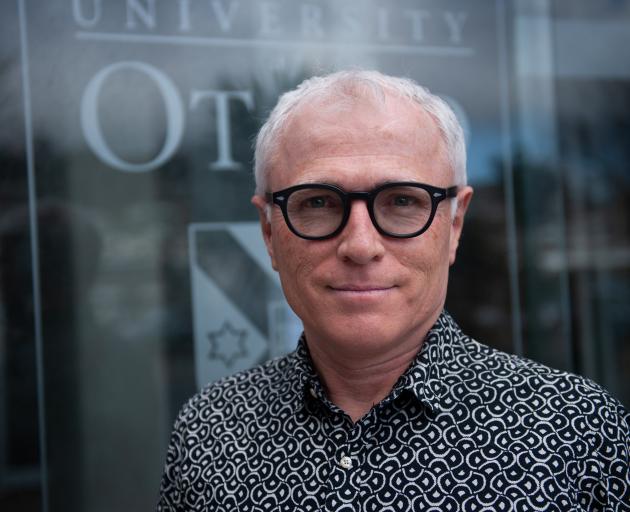
A person in Blenheim who had flown from Rotorua was announced on Saturday to have tested positive for the virus.
The person yesterday remained in isolation; two of their household contacts in the town had returned negative tests and were in isolation, the Ministry of Health said.
The Blenheim case was not vaccinated. Case interviews suggested the person’s infection was linked to the Te Awamutu cluster and they had a small number of close contacts in Waikato.
Those people had been contacted and were isolating. Tests were being arranged.
People living in Nelson, Marlborough and Tasman were asked to monitor locations of interest and get tested if they had any symptoms, even if they were vaccinated.
University of Otago epidemiologist Prof Michael Baker said it was not inevitable that a case in the South Island would become an outbreak.
But if it did, it could mean a quick shift back into Level 3 and more public health risk.
"I would expect a lot more effort going into preventing people arriving."
"Surely, we’re at a stage now of having a requirement to be vaccinated before you get on any New Zealand flight, particularly to the South Island," Prof Baker said.
There was a very good chance of keeping the virus out of the South Island if vaccination requirements increased, he said.
He hoped the fact Covid had been detected in the South Island would encourage people to get vaccinated.
"There’s absolutely no reason for anyone in New Zealand to be complacent at the moment. We could see cases anywhere in New Zealand."
National Party Kaikoura MP Stuart Smith told media rapid antigen testing should be carried out on all air and ferry travellers to the South Island.
The Ministry of Health yesterday announced 80 new Covid-19 community cases — one in Northland, two in Waikato and 77 in Auckland.
There were 104 cases announced on Saturday.
Dunedin Mayor Aaron Hawkins said being at Level 2 in the South Island provided insurance against the inevitable outcome of a positive case.
If the South had been at Level 1 and large events could be held, the situation could have been worse, he said.
"These are the kinds of circumstances that we always knew were possible, if not likely, and it demonstrates the value of the cautious approach that has been taken."
- There were 2,966,474 people fully vaccinated as of yesterday, 70.5% of the eligible population.












